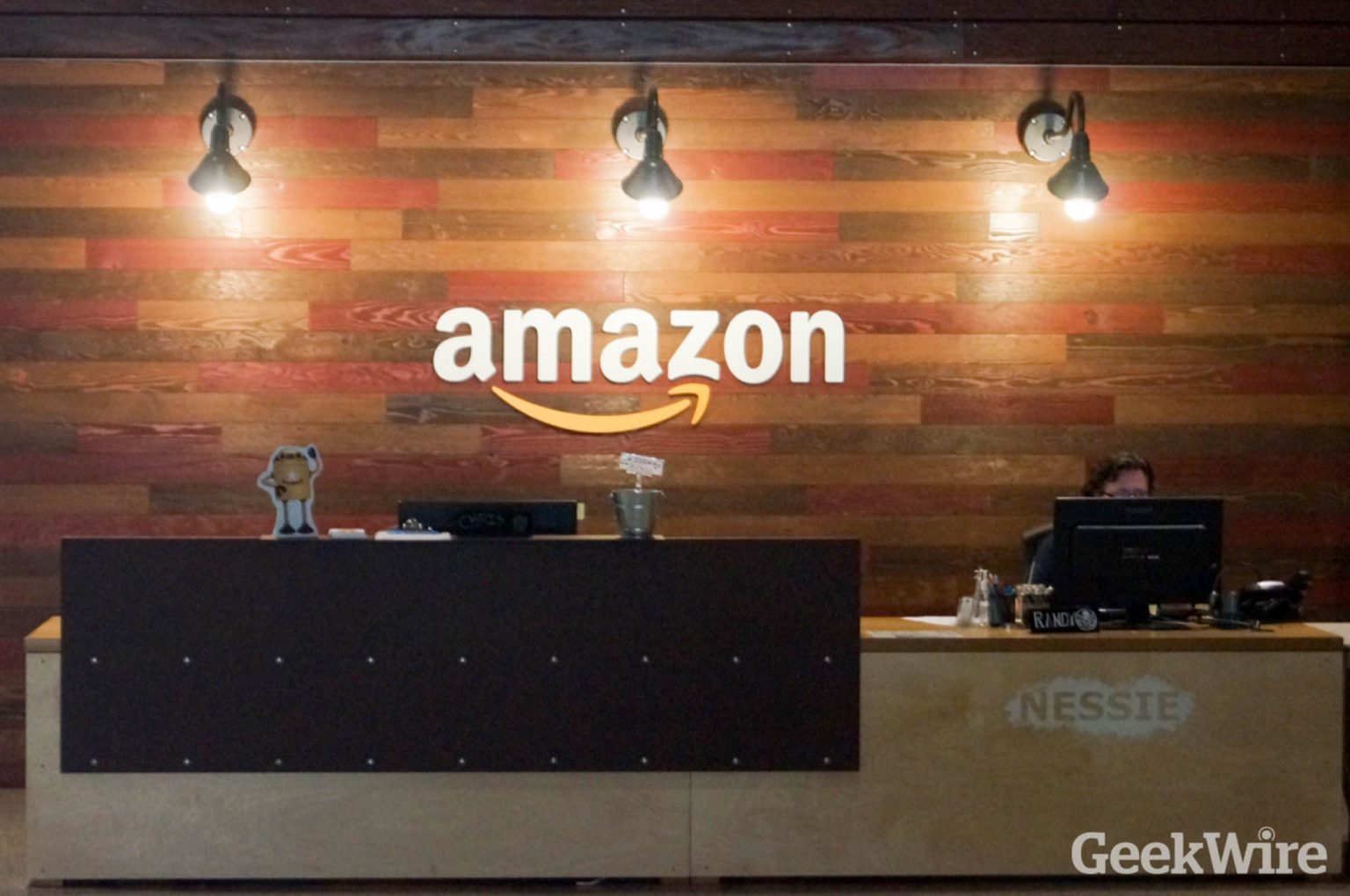Amazon CEO Andy Jassy recently sent a memo to corporate workers, instructing them to return to the office five days a week starting in January. Jassy emphasized the benefits of in-person work, such as improved learning, collaboration, brainstorming, and connectivity with colleagues. This decision follows a previous mandate for employees to return to the office three days a week, which Jassy believes has strengthened the company’s conviction about the advantages of in-person work.
Amazon’s return-to-office policy is part of a broader update on the company’s culture and joins a small list of other employers, including UPS, Boeing, and some smaller companies, requiring employees to be in the office every weekday. While the majority of tech companies offer flexible work policies, only a small percentage have a full-time in-office requirement. However, a study has shown that hybrid work schedules with two days working from home do not damage performance and can be beneficial for employee productivity, performance, and retention.
Emily Cox Pahnke, an associate professor, suggested that Amazon may be experiencing negative organizational impacts from remote and hybrid work based on a study that looked at communication patterns within organizations when remote work became more common. As part of the return-to-office mandate, Jassy also announced plans to reduce the number of managers within Amazon’s teams in an effort to increase the ratio of individual contributors to managers by at least 15% by the end of Q1 2025.
There is speculation among employees that the in-office mandates are a way for Amazon to “thin out” its workforce, especially following recent layoffs. Research has shown that back-to-office mandates can drive employees away, with senior employees leaving at the highest rates. The new policy may also impact recruiting and diversity efforts and deter potential candidates who disagree with the mandate or cannot commit to five days per week in the office.
Amazon’s decision to require employees to return to the office five days a week may influence other companies to follow suit, as organizations often look to industry leaders for guidance on organizational decisions. However, some companies, like Typeform, a remote-first organization, will not be adopting a similar policy. Hybrid work policies have emerged as a popular option for meeting the needs of both employees and employers, as workers tend to prefer a balance between remote and in-office work. While some CEOs see a return to the physical workplace for corporate office employees in the next three years, there is a growing trend towards embracing hybrid work arrangements.


